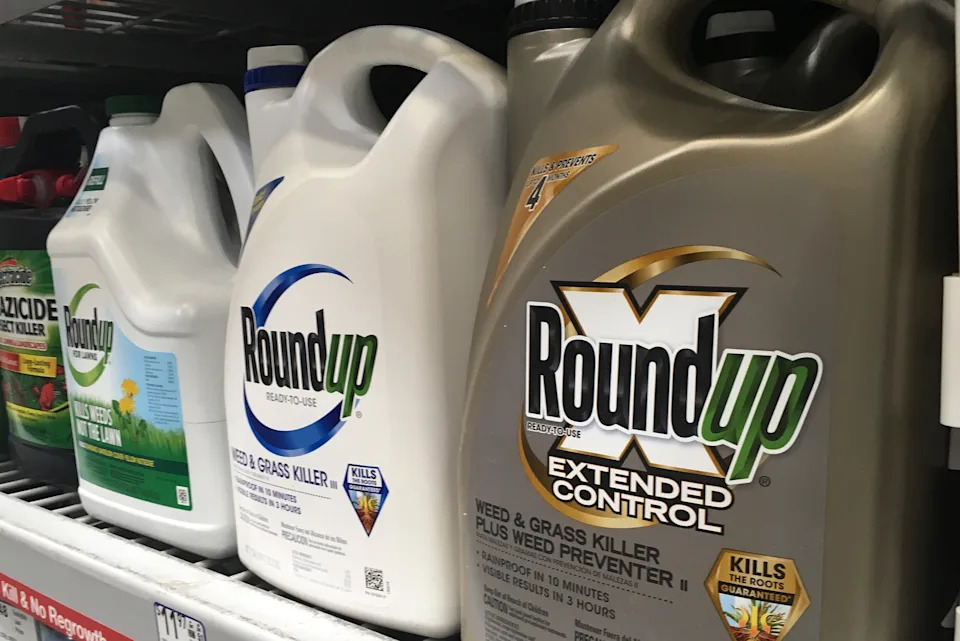
'Too late to panic': Wall Street strategists warn messy tariff fallout won't go away anytime soon
Key Points
- President Trump's aggressive tariff rollout sparked recession fears and pushed markets to the brink.
- The Nasdaq (^IXIC) entered bear market territory, while the Dow (^DJI) entered correction.
- Strategist Ed Yardeni advised against knee-jerk reactions, suggesting it will take months for the full impact of tariffs to be realized.
- Beijing retaliated with a 34% tariff on US goods, escalating market losses.
- Uncertainty about trade dynamics and potential stagflation are major concerns for Wall Street.
Summary
The financial markets experienced significant turmoil following President Trump's aggressive tariff rollout, which led to fears of a recession. The Nasdaq entered bear market territory, and the Dow Jones Industrial Average (^DJI) saw a correction, marking its worst five-day stretch since 2020. Despite the immediate market reaction, strategist Ed Yardeni from Yardeni Research advised against panic, noting that the full impact of these tariffs would take several months to materialize, with potential negotiations and retaliations from other countries being key factors. Beijing responded with a 34% tariff on US goods, further exacerbating market losses. The uncertainty surrounding these trade policies has led to concerns about stagflation, where economic growth stalls, inflation persists, and unemployment rises. This uncertainty has also caused several companies to pause their initial public offerings, highlighting the broader impact on business decisions and consumer confidence. The market's reaction reflects not just the immediate economic implications but also the loss of confidence in the administration's trade strategy.
yahoo
April 6, 2025
Stocks


